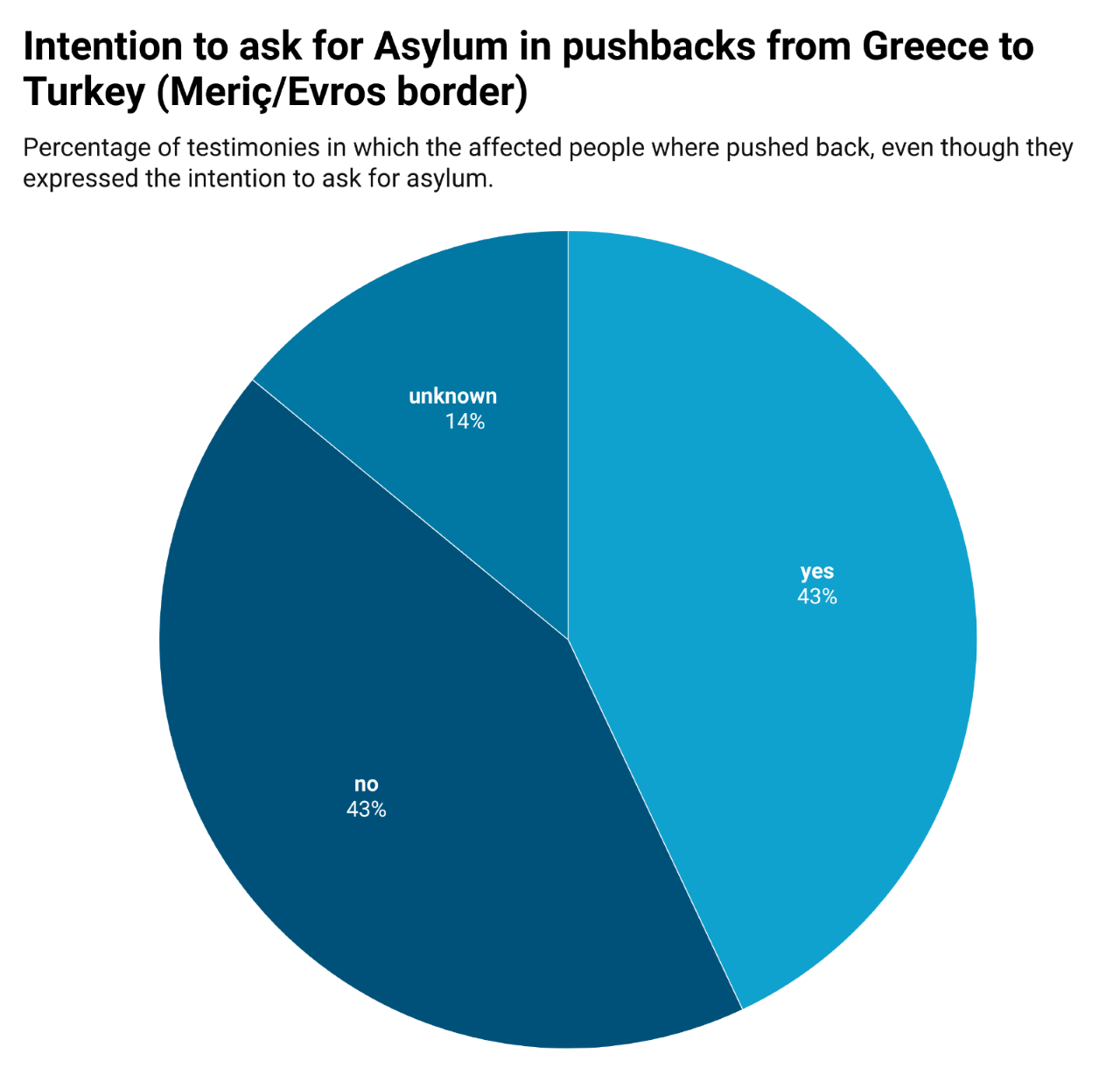Cover from the BVMN Annual Torture Report 2020 (Design: Alexandra Kate Mitchell)
On 28th April, the Greek Ombudsman released an interim report on pushbacks of people-on-the-move from Greece to Turkey at the land border, in the area of the Evros river. This report is an update on the Ombudsman’s own-initiative investigation spread over a period of 3.5 years into allegations of pushbacks which was launched on 9 June 2017. Whilst the investigation continues, this interim report presents key aspects of the practices that have been reported, records how allegations have been responded to, and makes proposals for change.
In the written response published below, BVMN have called attention to some of the inconsistencies and shortcomings of the report, and put forward some key reccomendations for a full and proper investigation into pushback violations in the Evros region. One of the core contentions raised in BVMN’s letter relates to the assertion by the Ombudsperson that “traffickers and unidentified individuals” are responsible for pushbacks, and that Greek authorities tolerate, or at best play a facilitation role. While BVMN welcomes the recognition that pushbacks are occuring, the report grossly misrepresents the role of Greek authorities, who are the primary instigators of illegal removals to Turkey. Josoor, Mobile Info team and other anonymous members of BVMN have recorded over 6000 people pushed back from Greece to Turkey since 2019 – clearly implicating Greek authorities at the centre of these practices.
In a sense, the misdirection of investigators towards the role of private actors is unsuprising when seen in the context of the Greek police’s outright denial of any involvement in pushbacks. According to the report, police directorates in the Evros region stated that “no evidence or indications emerged” related to pushbacks. Taking this information at face value, the Ombudsperson’s report fails to recognise the gaping void in accountability – whereby effectively perpetrating forces are being asked to act as accountability mechanisms for themselves.
The letter also addresses some of the obligations under domestic and international law which Greece are violating, particularly in relation to Article 3 on the prohibition of torture. BVMN recently published it’s annual report which provided data on the use of torture during pushbacks from Greece, with over 89% of cases demonstrating violations of Article 3. The tardy request of the Ombudsperson for investigation into violent pushbacks also represents further malpractice, especially given the wealth of evidence presented by BVMN and others during the last years.
List of Reccomendations from BVMN:
- We recommend that the Ombudsperson fulfills their mandate as guardian of the people’s rights and effectively protects the rights of vulnerable groups and safeguards the right of access to international protection.
- We appeal to the Ombudsperson to employ all resources available at their disposal to ensure that human rights violations at Greece’s borders are prevented and that perpetrators are brought to justice irrespective of their function.
- We recommend that the Ombudsperson conduct unannounced on-site investigations, further demands from the relevant police directorates for effective cooperation, and calls for disciplinary actions of officials refusing to cooperate.
- We insist that a report be submitted to the Public Prosecutor and an investigation into these violations be initiated.
- We believe that the Ombudsperson has been sufficiently informed and the findings of his report are indicative of the involvement of law enforcement officers in human rights violations. We therefore request to trigger an investigation urgently under its mandate as National Mechanism for the Investigation of Arbitrary Incidents (EMIDIPA).
If you want to receive the monthly report from Border Violence Monitoring Network, you can subscribe here:

